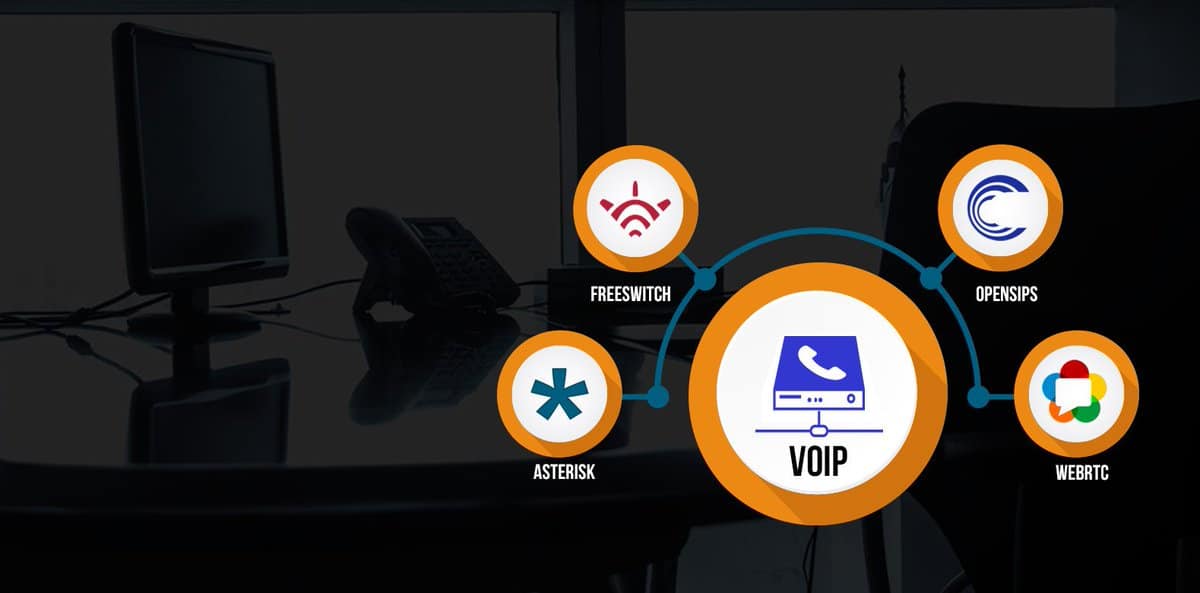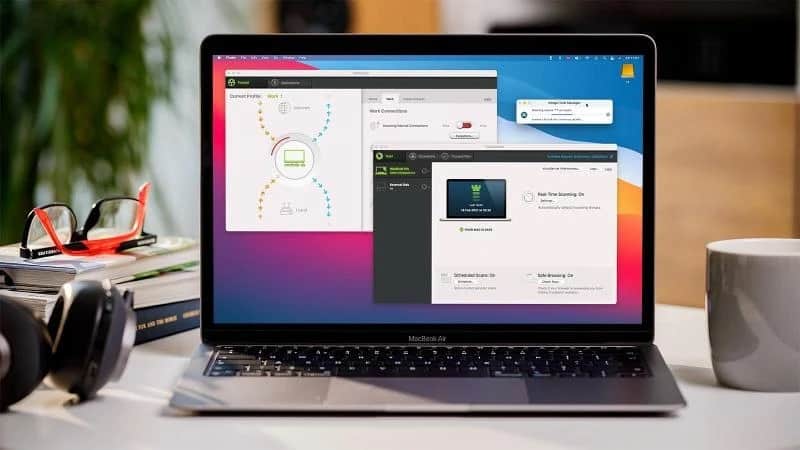
Session Initiation Protocol is most popularly described as SIP in the short form. It is basically a service rendered by communication service providers. It emerges as the best technique that brings the possibility of using protocol to ride VoIP link in the middle area of PSTN and those of on-premises phone systems.
This technique is becoming popular day by day and also the right option for different purposes, be it call management, call configuration, or other purposes. In other words, SIP trunking is becoming the most reliable technique for making communication system of any business more powerful
Communication services across the world generally organize the complete process of SIP trunking. As far as benefits of SIP trunking are concerned, one can find a plethora of advantages from customers’ point of view.
It works effectively when it comes to offering shopping flexibility to an individual; especially it is compared to TDM. Apart from this, TDM trunks come with the ability to render support for approximately 23 voice channels.
The great thing about SIP trunking is that it doesn’t require even any devoted WAN to get executed. You can get the liberty to install even over your existing WAN services, public web, or others.
Things to Consider When Switching to SIP
Let’s discuss here some crucial factors that you need to take into account when switching to SIP. Take a look at all of these;
Security
Security is the most crucial factor that needs to be prioritized, especially when switching to SIP. The main reason is that SIP includes many security loopholes. Even those who are not IT experts can easily access the SIP session details as SIP can be sent easily.
One can easily access the audio details from calls with the help of a packet detail tool. All they need to do is to run this tool in a proper way. The good news is that these issues are simple to deal with SRTP (Secure Real-time Transport Protocol) and Session Border Controller (SBC).
Never Fax through SIP
You will find a lot of issues while faxing through SIP. The reason is that you will not be able to pack a fax message in the way the voice packet is done. If a case of packet loss, fax fails to work.
Apart from this, faxing is something that also requires a greater bandwidth than a phone call. If you think faxing is a good option for your business, you should opt for expert support to get a proper setup.
Get Better Understanding of Network
It is another important thing that you need to take into account. You must get a complete precise thought in terms of the number of parallel calls that business individuals use the Red Phone makers. Besides, it’s also vital to get details about the numbers of parallel calls that you make during busy moments.
Once you are done with this, you need to get in-depth details about the network that a SIP functions over the bandwidth. In case of any inappropriateness of the same, you can find issues such as dropped calls, bad audio, busy signals, etc. Meanwhile, the great news is that you can easily find the bandwidth without any hassle and also at an affordable cost.
Besides, it’s also crucial for you to make confirmation that you support a large number of parallel calls based on the actual requirements of your business.
Focus on Priority
While performing jobs like file sharing, you can face situations like heavy traffic on the SIP network. And if you are looking to configure SIP trunking, you will face several issues such as distorted audio quality, decreased emails send speeds, video buffering, etc. while making VoIP calls.
To overcome issues like this, you need to ensure to leverage the robust QoS feature, which you can easily find in several business-grade switches and routers. Apart from this, the QoS feature is also useful in ensuring that the voice call gets importance on the network.
Conclusion
You may now have a clear understanding of SIP trunking and also things that one needs to keep in mind when they switch to SIP. Of course, there may be some related queries in your mind after going through the above discussion. In this case, you can directly interact with experts to get better solutions in this arena.
Author Bio
Sandip Patel – BDE
Author works as BDE at Vindaloo VoIP Solutions (VSPL) since 2016. Sandip has 10+ years of work experience in VoIP Software Development Industry. VSPL is VoIP software development and solutions provider that offers FreeSWITCH, Kamailio, OpenSIP, WebRTC and Asterisk Development.




